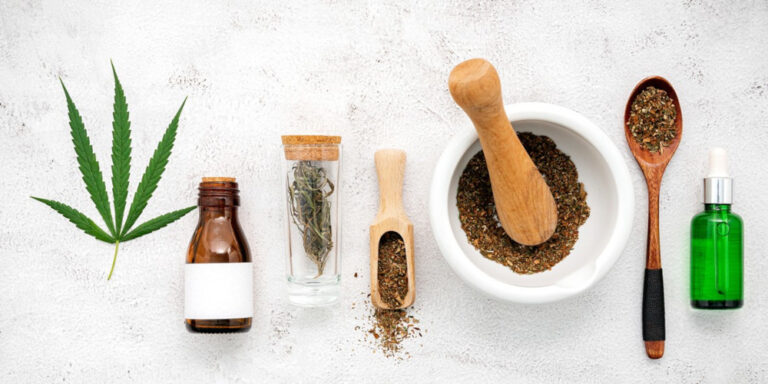Opiate addiction doesn’t only affect the individual struggling with substance use. The ripple effects of this addiction reach your relationships and families, often with profound impacts. Today, we’ll delve into two less discussed aspects: the impact on family dynamics and the emotional toll on relationships, viewed from an Eastern philosophical perspective.
Consider the Dynamics Within Your Family
Substance use often shifts roles within a family system, causing instability and tension. For example, a parent with an opiate addiction may become less capable of fulfilling parental responsibilities, causing children or other family members to step in and fill those roles. This shift creates imbalance, as family members are forced to take on roles and responsibilities they might not be equipped to handle. It also creates an environment of unpredictability, where rules and boundaries become unclear, causing further disruption and tension.
From an Eastern philosophical viewpoint, this can be understood as a disruption in the harmonious balance of the family system. Eastern philosophy emphasizes the interconnection of all things, and the importance of balance and harmony. When opiate addiction disrupts family roles, it’s as if the family’s yin and yang are out of balance. This imbalance can ripple outwards, affecting all aspects of family life.
The Emotional Toll on Relationships
This is another understated aspect of opiate addiction, substance use can lead to erratic behaviour, mood swings, and withdrawal from social activities, which can strain relationships and isolate you from your loved ones. Trust can also erode over time as substance use leads to lies and deception to hide or deny the addiction.
From the Eastern philosophical perspective, this emotional strain can be seen as causing disunity and a lack of mutual understanding. The principle of unity, prevalent in Eastern philosophy, emphasizes the interconnectedness of individuals and the importance of mutual understanding and empathy for harmonious relationships. When trust erodes, this unity is disrupted, causing pain and misunderstanding.
Seek Professional Help
Trained addiction counsellors can provide the tools and strategies to navigate these complex issues. They can help you understand the effects of addiction on your family and relationships, assist in rebuilding trust, and provide strategies for restoring balance and harmony. They also create a safe space for open communication, which is crucial for repairing relationships and regaining unity.
You must remember that opiate addiction’s impacts on relationships and families are profound but not insurmountable. With professional help and a commitment to recovery, you can navigate these challenges and work towards restoring balance, harmony, and unity. The Taoist principle of Wu Wei, or ‘effortless action,’ is a reminder that change doesn’t always have to be a struggle. Sometimes, it’s about letting go and allowing the natural flow of life to guide you towards healing and recovery.
- Family Therapy: This form of therapy can be incredibly beneficial in healing the family system affected by addiction. It allows you and your loved ones to communicate openly and honestly about the impacts of opiate addiction, under the guidance of a trained professional. It fosters understanding, empathy, and helps in rebuilding trust.
- Self-Care Practices: Prioritising self-care can often take a backseat when dealing with addiction in the family. However, it’s essential for both you and your loved ones. Encourage everyone in the family to engage in activities that replenish their mental, emotional, and physical well-being. This can include exercise, meditation, or simply taking time for hobbies and relaxation.
- Support Groups: Groups like Narcotics Anonymous or Al-Anon can be incredibly beneficial. They provide a supportive community where you and your loved ones can share experiences, learn from others who are in similar situations, and feel less alone in your struggles.
- Educational Resources: Understanding addiction can help lessen stigma and encourage empathy. There are various books, documentaries, and online resources that can provide insights into the nature of opiate addiction and its impact on families.
- Mindfulness Practices: Incorporating mindfulness into your routine can help manage the stress and emotional turmoil associated with addiction. Practices like mindful meditation, yoga, or even mindful walks in nature, can help you stay present, focused and better equipped to handle the challenges you face.
As you come to the end of this blog post, we hope that you’ve gained valuable insights into the impact of opiate addiction on relationships and families. It’s important to recognize that addiction doesn’t just affect the individual; it ripples through the entire fabric of your loved ones’ lives. But there is hope.
In the context of lifelong addiction recovery, it’s crucial to understand that healing is possible, both for you and your relationships. Seeking professional help, such as family therapy, can provide a safe space to address the effects of addiction and rebuild trust and understanding. Remember, it’s never too late to reach out for support.
Alongside professional assistance, self-care practices and engagement with support groups can provide invaluable tools for navigating the challenges that opiate addiction presents. Educating yourself about addiction and its impact on families can help break down stigma and foster empathy. Embracing mindfulness practices can also contribute to your overall well-being and resilience.
As you embark on your journey of recovery, let the words of Nelson Mandela guide you: “It always seems impossible until it’s done.” The path to lifelong recovery may seem daunting, but with support, determination, and the right tools, you can overcome the challenges of opiate addiction and rebuild your relationships.
Remember, you are not alone in this journey. There are resources, professionals, and communities available to support you every step of the way. Take that first step today towards healing, growth, and a brighter future for yourself and your loved ones.










